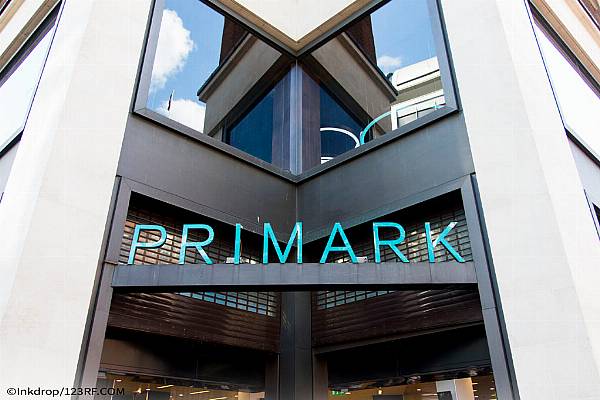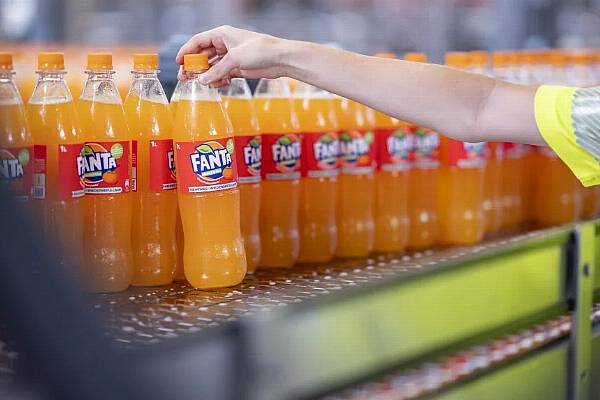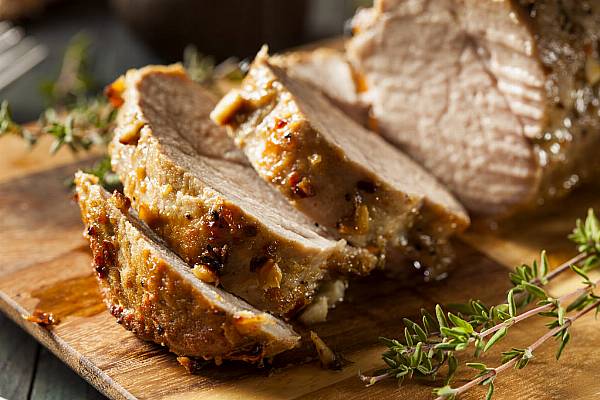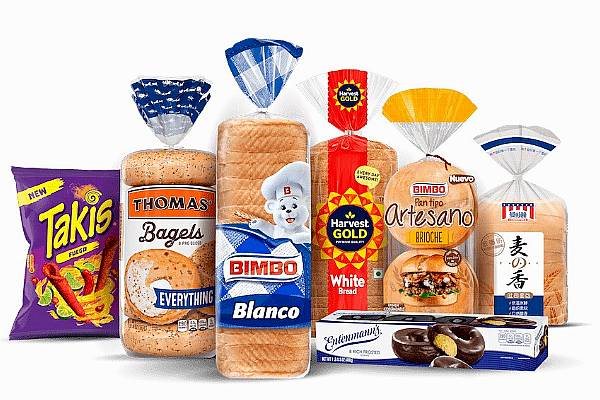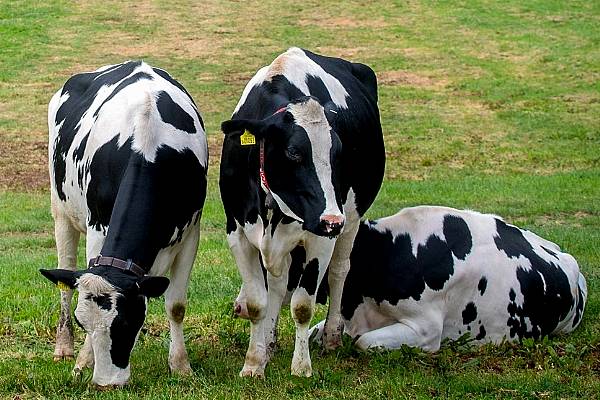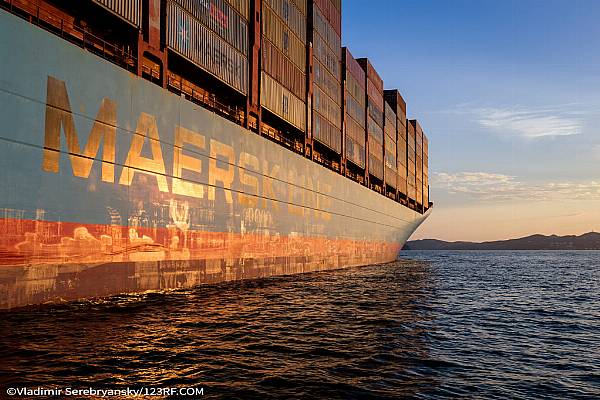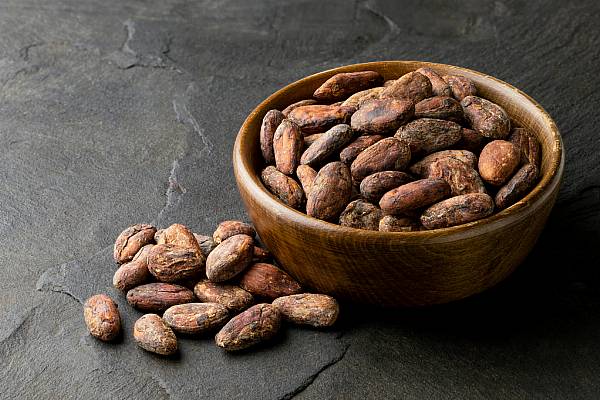Nestlé SA chief executive officer Paul Bulcke said that the Ebola epidemic is spurring the company to speed up cocoa shipments from African countries such as Ivory Coast, the world’s largest producer.
“If it hits the Ivory Coast, we’re going to have a standstill,” Bulcke said. “We have a system where we fix certain prices for certain times, but not too long, because we’re not speculators, but to have stability in our cost. We continue doing it, maybe extending it a little bit.”
Nestlé, the world’s biggest food company, is working to buffer itself against costlier cocoa, and sees increasing prices on retail products as a last resort, Bulcke said. Cocoa has jumped 15 per cent this year, reaching $3,113 a metric tonne in New York.
Ivory Coast is bordered to the west by Liberia and Guinea, two of the three countries struck hardest by Ebola. With Sierra Leone, that trio of nations has 9,911 cases of the virus, the World Health Organization said. Almost half of the infections have ended in death.
Nestlé has restricted employee travel to the affected region and said that its operations are on high alert for the disease. Bulcke said that the Vevey, Switzerland-based company is also intensifying sanitation measures.
The company operates in the West African countries of Ivory Coast, Ghana and Nigeria. Ivory Coast is alone among that group in sharing a land border with one of the nations at the heart of the outbreak. Ivory Coast and Ghana supply about 60 per cent of the world’s cocoa. Bulcke said that he doesn’t think the epidemic will spread to areas where Nestlé operates, though contingency plans are in place.
Challenging Quarter
On 16 October, Nestlé said that it faced a challenging fourth quarter after nine-month sales missed estimates. The maker of Kit Kat candy bars and Skinny Cow reduced-calorie chocolate said that business in its Asian and African units has become tougher, citing political turmoil and, in Africa, Ebola.
Bulcke said that Nestlé’s frozen-food products have lost some lustre in the US. Still, the company isn’t giving up on its Hot Pockets and Lean Cuisine meals, and instead will update them with more organic ingredients and a wider choice of low-calorie dishes. Asked if the company was studying any takeover opportunities, Bulcke said that he saw more potential to grow internally than through acquisitions. “I truly believe Nestlé has a good set of products and portfolios that are the base of our growth,” he said.
Bulcke also questioned whether an 8-per-cent tax on junk food that took effect on 1 January in Mexico is succeeding at reducing obesity rates, saying that education campaigns may be more effective than imposing a levy. Mexican shoppers have decreased purchases of other items rather than reducing their consumption of snacks, he said.
Bloomberg News, edited by ESM


